DISPATCH
I spent six weeks in the blueberry fields. Time has passed without me realizing it. From early December, here I am at the end of January. A new year has started and the season has ended.
For the first time since I left France, I worked in fruit-picking. It is one of the sectors in the world that hires the most seasonal workers and it is therefore one of the most accessible jobs for travelers on working holiday visa like me. Blueberries, raspberries, apples, pears, kiwi, bananas, avocado, carrot, cauliflower, potato, leek, etc. All kinds of vegetables and fruits are picked up each year by thousands of little hands from all over the world. For my first experience in this sector, I chose blueberry. This little blue fruit filled with good things for health. This little fruit that I have always been attracted to.
My first week of work in Tumbarumba, I spent it as an assistant-supervisor. I was helping Carol, an elderly lady who has been harvesting blueberries as a supervisor for thirty years. Our team was mainly black. Most of the pickers were from African countries but living in Australia for a long time. Louise, Ezechiel, Kashindi, Olabire, Benard, Alice, etc., all were very friendly. I liked them from the first moment.
Working in blueberries in December-January means working in the heat and under a blazing sun. Winter in Australia is the hot season. When I signed up as a picker a few weeks earlier, I told myself that my goal per day was to reach a harvest of 50kg. In fruit-picking, the pickers are paid by weight. So the faster the picker, the more fruit he will collect and the more he will be paid. Conversely, the slower the picker, the less he will be paid. 50kg corresponds to a person harvesting at a normal pace. For someone who has never harvested before, reaching 50kg a day may be a daunting task. And even more under a blazing sun. I realized this from my first day as an assistant-supervisor. All the beginners on the team were advancing very slowly. Only a third of the team was able to reach this level. And those who were able were those who had experience and participated in the harvest every year! Under the sun every day, I do not think I would have survived. Clearly I did not have my eyes in the right place the day I said that I would be able to pick up 50kg without problem from my first day. I could never thank Angeline (one of the farm managers) enough for offering me the position of assistant supervisor who is paid by the hour.
At the end of the first week, Nicu and Bruce, the managers of the farm came to see me to propose me the job of supervisor. They were setting up two more teams and therefore needed supervisors. Of course I accepted. My new team this time consisted exclusively of Asians. Mostly Taiwanese, some Koreans, a Hongkong, a Chinese, a Malaysian, an Indonesian. We were located in Rosewood. The Costa company, which owns the blueberries, has two farms in the Tumbarumba region: Taradale where packing shed is located and Rosewood. The fields at Rosewood are in the middle of a logging operation. It is a small island of tranquility.
My first week as a supervisor was a little less fun than the previous week. Unlike the very warm Africans, Asians are a little more distant. But luckily I had Benjamin with me, my very friendly Taiwanese assistant, to discuss about everything and nothing during the day. And then the days went by and the atmosphere improved greatly. Our routine at Ben and me consisted of weighing the crates filled with blueberries picked up by the pickers, recording the number of kilos, checking the quality of the fruits, ensuring that everyone picked up in the right places, checking that the shrubs were well cleaned and ensuring good team understanding.
Blueberries in Australia are not the blueberries you can find in France in the mountains or the wild blueberries that color my memories of a bicycle trip through Finland years ago. The fruit is twice the size of what you can see in Europe. In fact although the English name is “blueberry”, the fruit that I harvested is not quite a blueberry. It is a fruit of the same family as the blueberry but slightly more blue, with white flesh and especially growing on small shrubs up to 1 to 2 meters in height (unlike wild blueberries where the shrubs hardly exceed the 20cm). Costa has several fruit and vegetable operations across Australia. Blueberries grow in Tumbarumaba (New South Wales), Corindi (New South Wales), Tolga (Queensland), Gingin (Western Australia) and Devonport (Tasmania). Varied environments for a fruit that usually only grows in a cool, mountain climate. In Tumbarumba we picked up Blue Rose, Denise and Briggita. Each farm has different varieties of blueberries. They were all created in a laboratory by genetic manipulation so that the shrubs produce large fruits, with different tastes and above all capable of producing in large quantities over a short period of time. As the harvest season at Tumbarumba is barely seven weeks long, the shrubs need to be able to keep up.
The biggest problem for blueberry producers is the birds. They are happy to peck the fruit, causing a lot of damage. There are many automatic rifles around the plantations which detonate every five minutes, but that does not frighten birds a bit. Then there is the rain that gorges the fruit with water and makes them explode, or the heat that dehydrates them and turns them into premature grannies covered with wrinkles. This year, the end of the season was very average from the producers’ point of view. The last three weeks of January alternated between hot weather and torrential rain making the quality of the fruit not very good. A small mark or defect on a blueberry is enough for the fruit to be qualified as “second”. This means that it is not perfect enough to be sold to consumers in supermarkets. Lots of waste if you ask me. At least 10% of what is harvested is spread on the ground or crushed under the soles of the pickers. The rest of the scrap is luckily sold to locals who wish to buy it or is sold as frozen fruit.
Working as a supervisor has taught me many things about myself. Despite the fact that I am a lonely person I like to work with others. With people from different countries. With people who have cultures and ways of thinking different from me. With people who make exchange a discovery and a permanent questioning. Benjamin, Ming, Cynthia, G, Olivia, Victor, Howard, Shandi, Iris, Ken, Ran, Shuhei, Jack, Cinzia, Jill, Lesly, Thomas and all the others, thank you for giving me another point of view on the world. And then, apparently according to my team, I am a good supervisor. I like things to go smoothly, respectfully and positively. So I tried to do the same with my team and it worked. Although it was just a simple job whose tasks were not very complicated, supervising a team of people and getting a positive result gave me confidence in myself and in what I am able to do. Even if I already knew it, having the result in front of my eyes is perhaps what I needed to completely get rid of the disappointment left by the end of my stay at Arkaroola. It was not always perfect all the time, but I really enjoyed my stay here. Laughter puts balm on the damaged heart. For the first time in a long time I felt like I was happy.
And then the Tumbarumba region is really pretty. Wavy hills, mountain atmosphere, very pleasant village and a lot of places to visit full of surprises. The caves of Yarrangobilly, the superb Lake Blowering, the Paddys Fall waterfall … I did not have time to enjoy everything but the many shared meals, barbecues and walks with my team and friends really made my stay very pleasant. The last day when I left Pauline, with whom I lived for two months, I looked for the hundredth time the beauty of the landscape spreading before my eyes. I felt my throat close at the thought of leaving them, she and Jack, her little white dog fond of petting. For the first time in a long time I felt like I was leaving a place I really liked. But the call of travel was too strong. I left them, watching their silhouette dissolve in my rear view mirror and letting Pauline’s last words anchor in my heart: “Come back any time”.
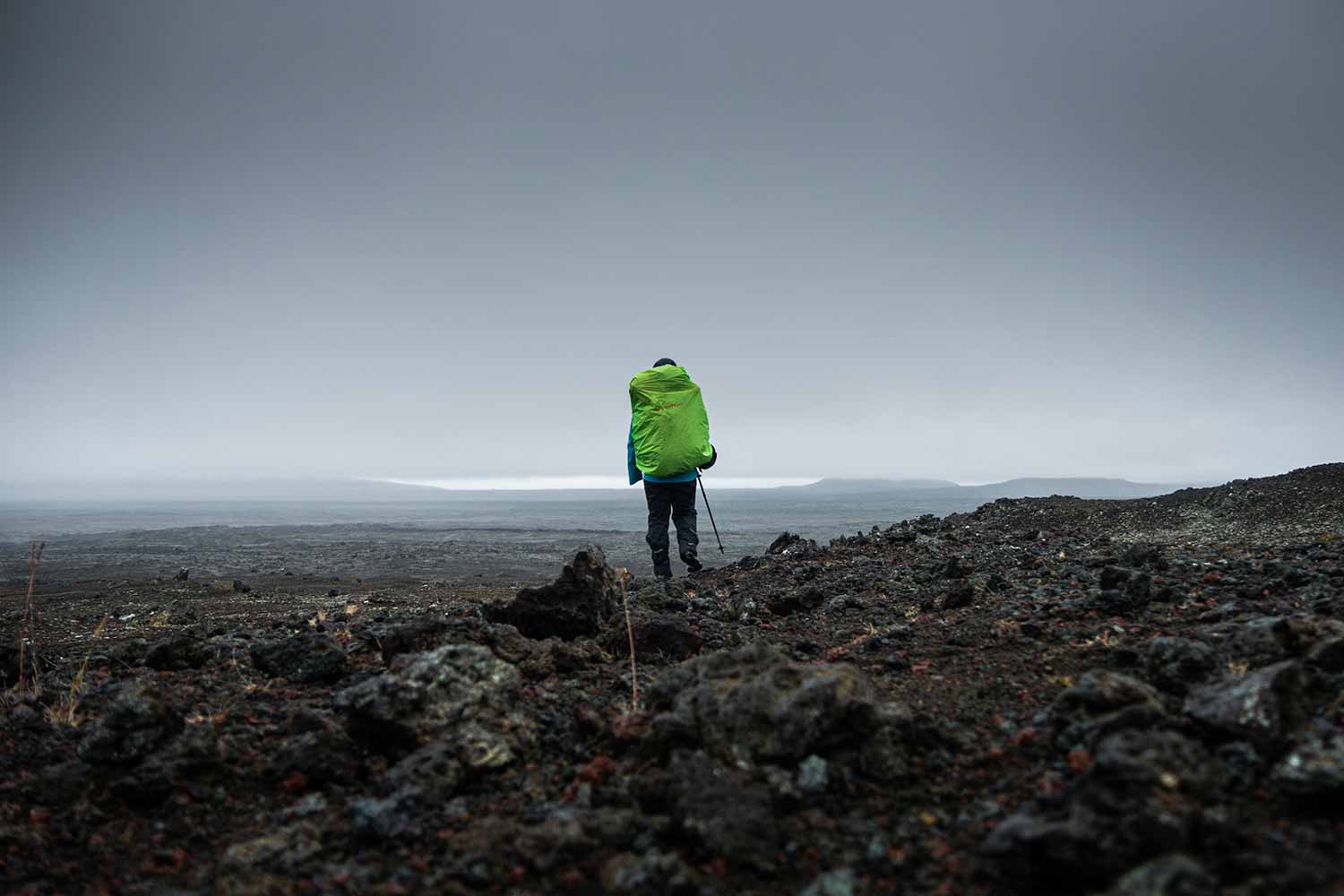
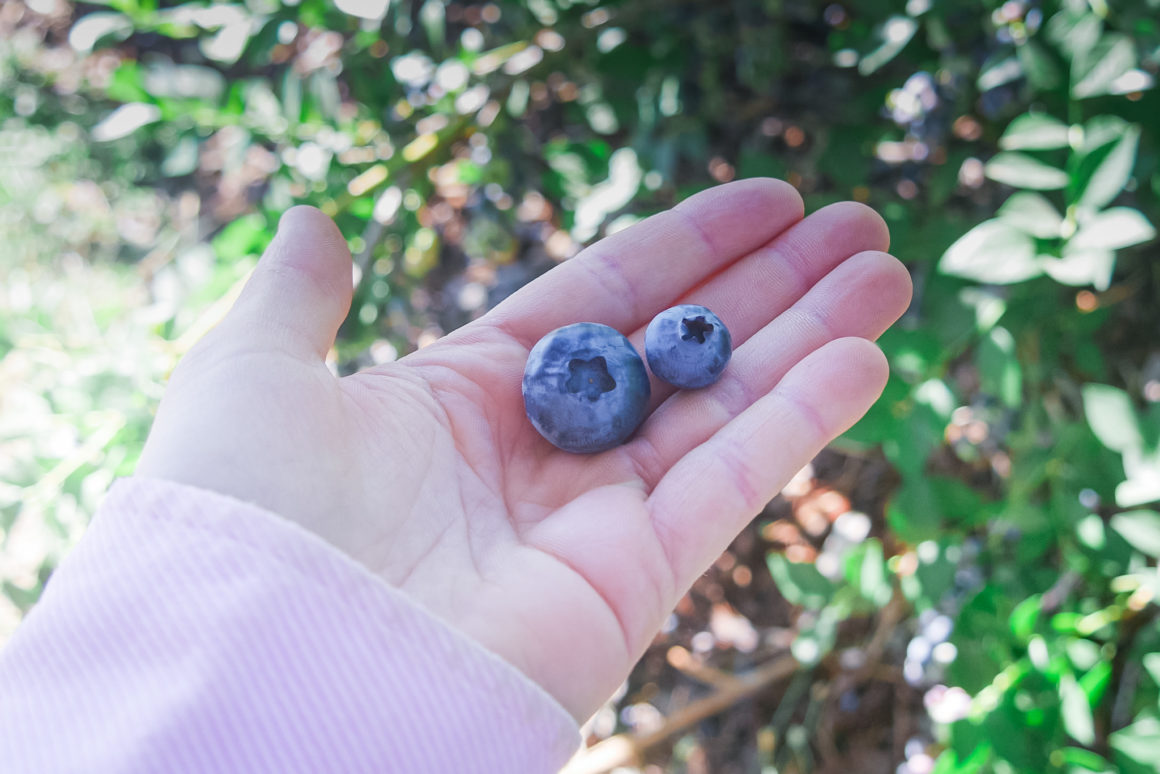
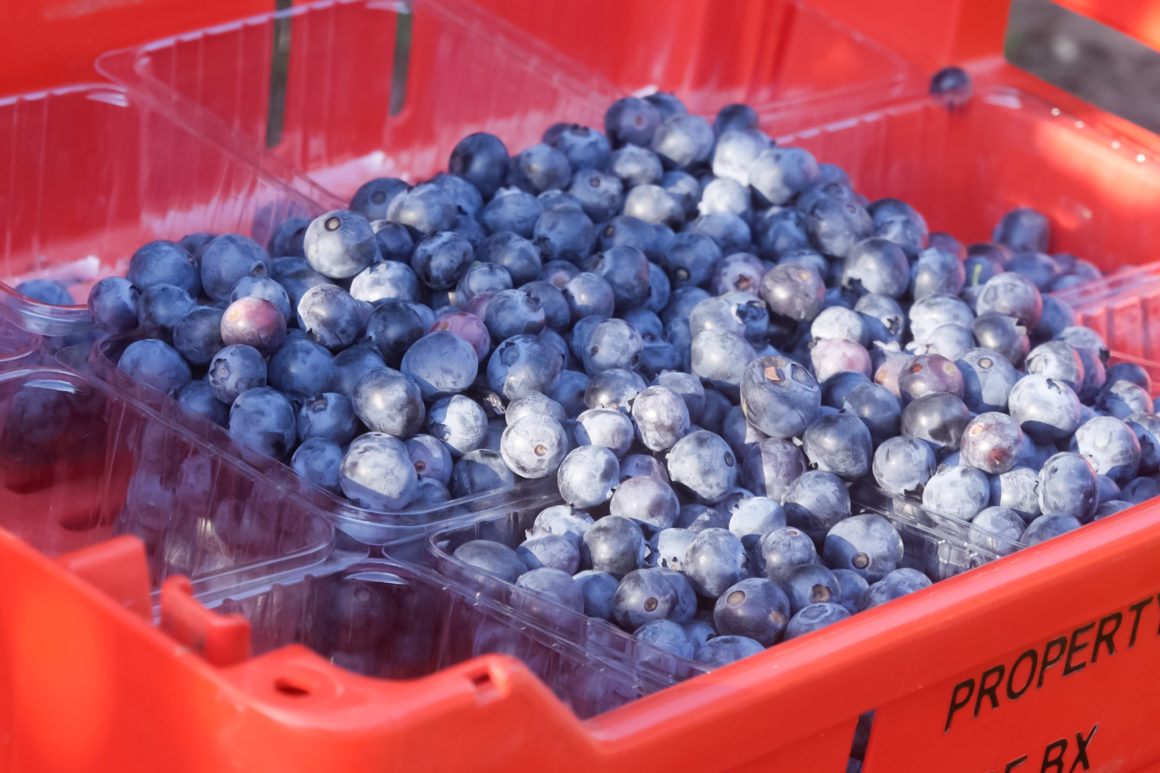
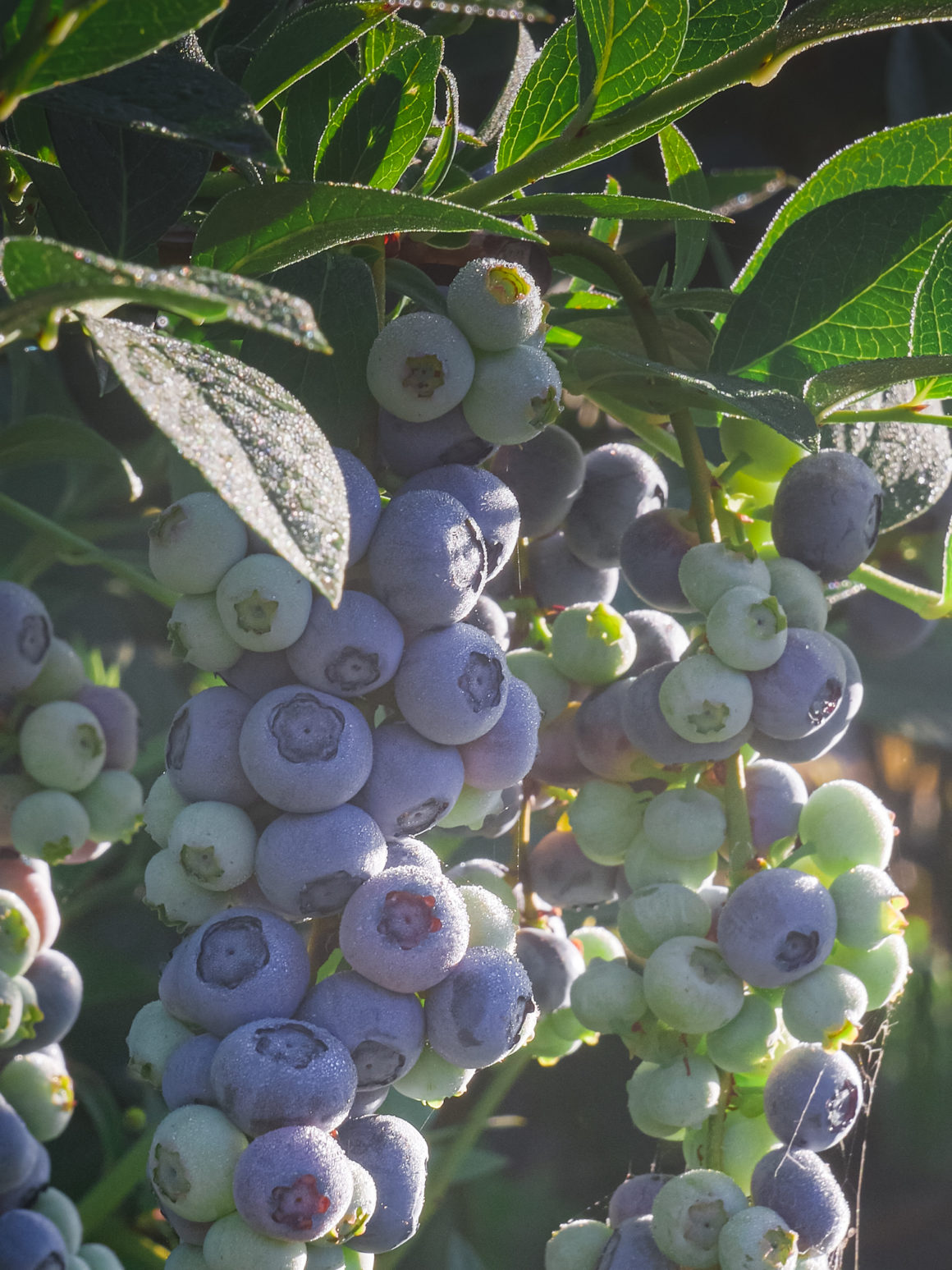
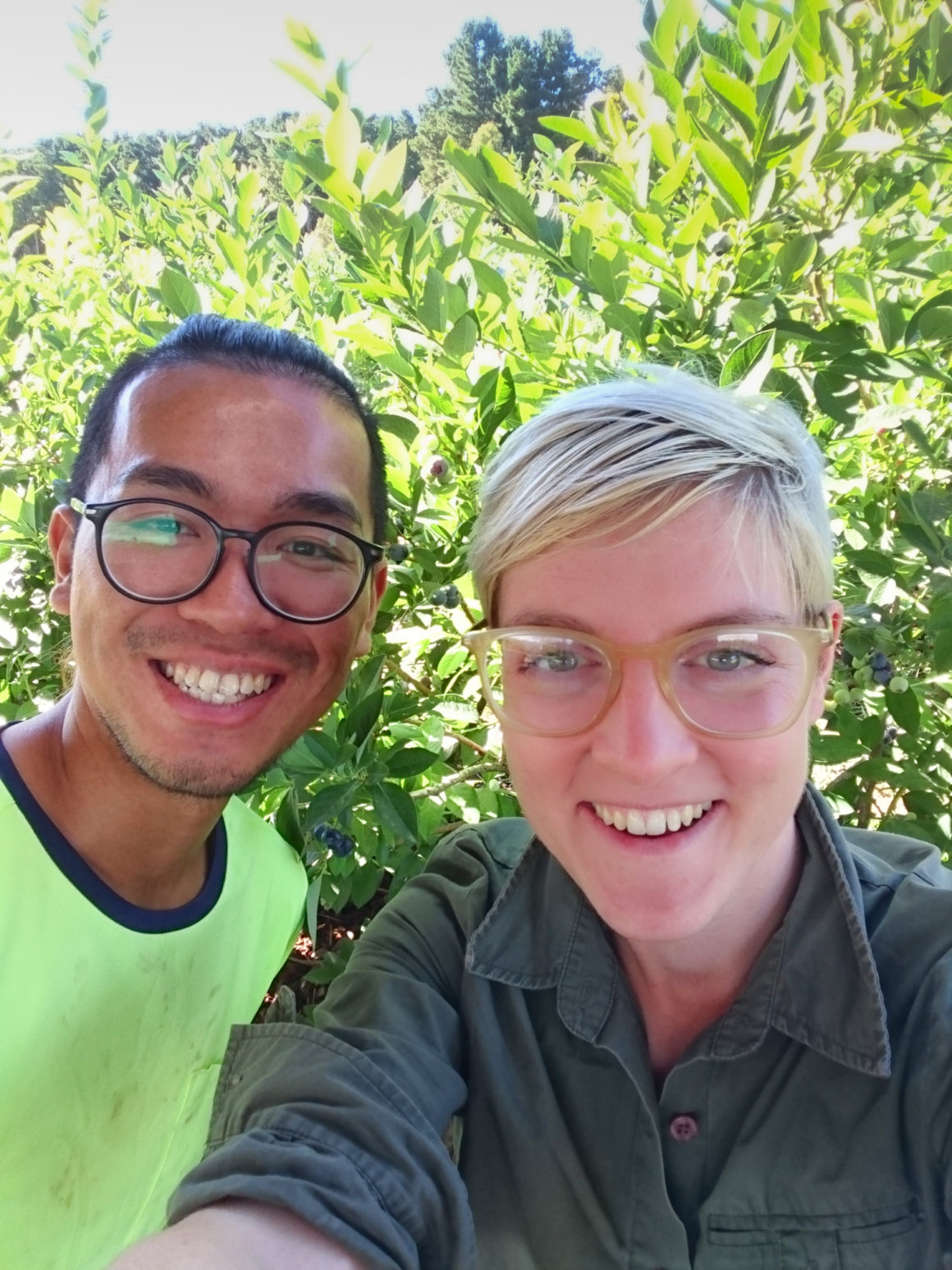
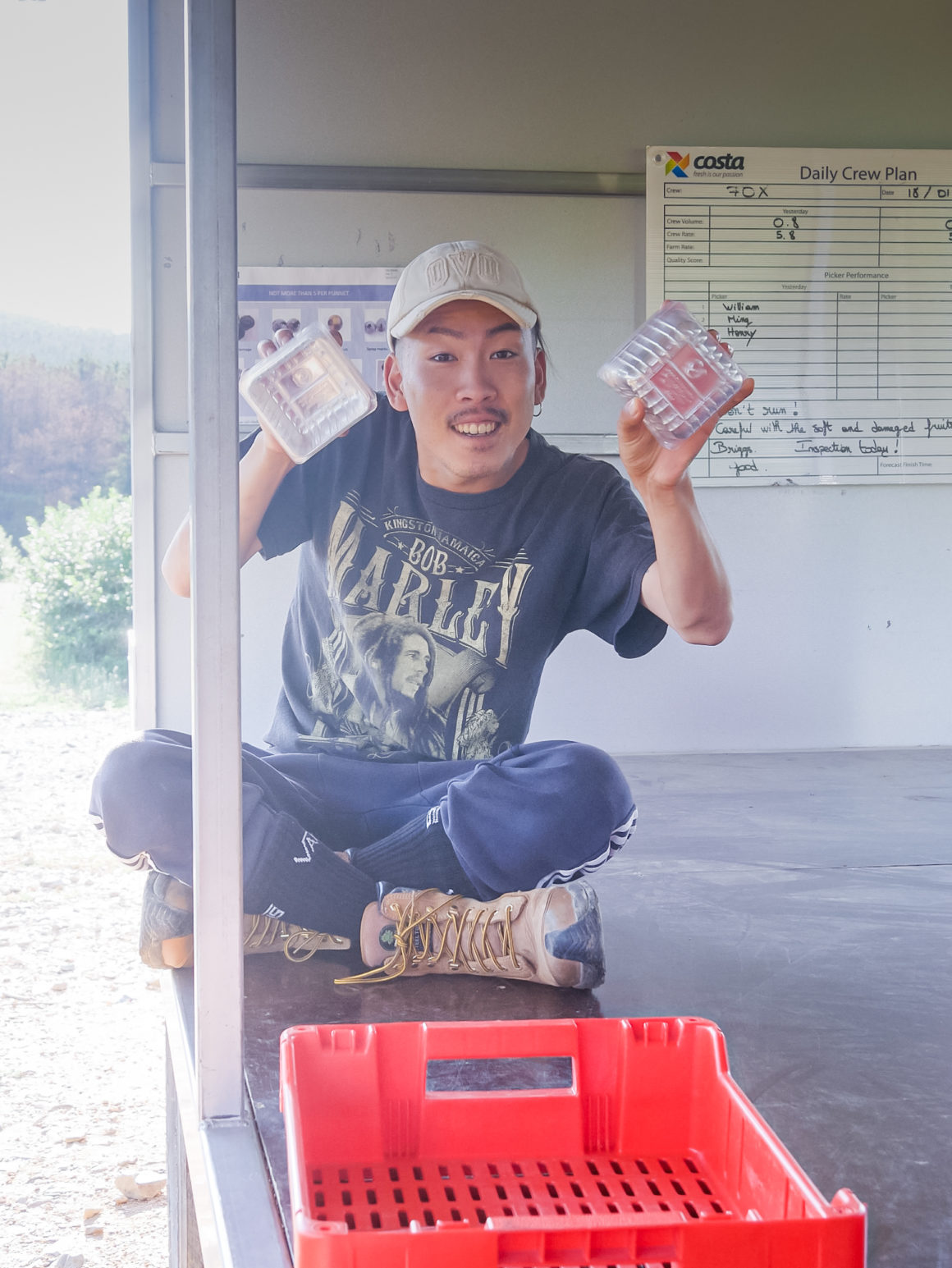
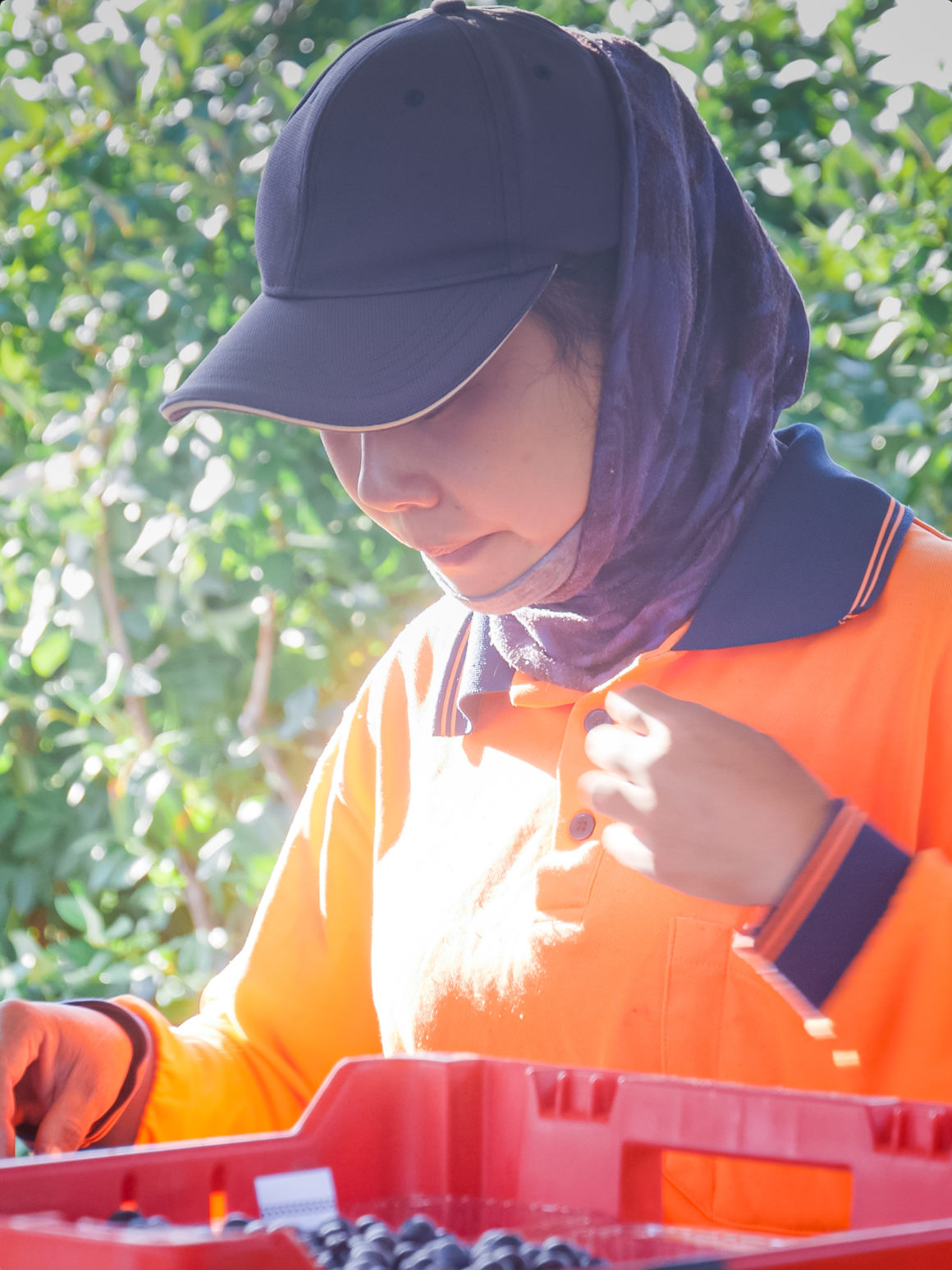
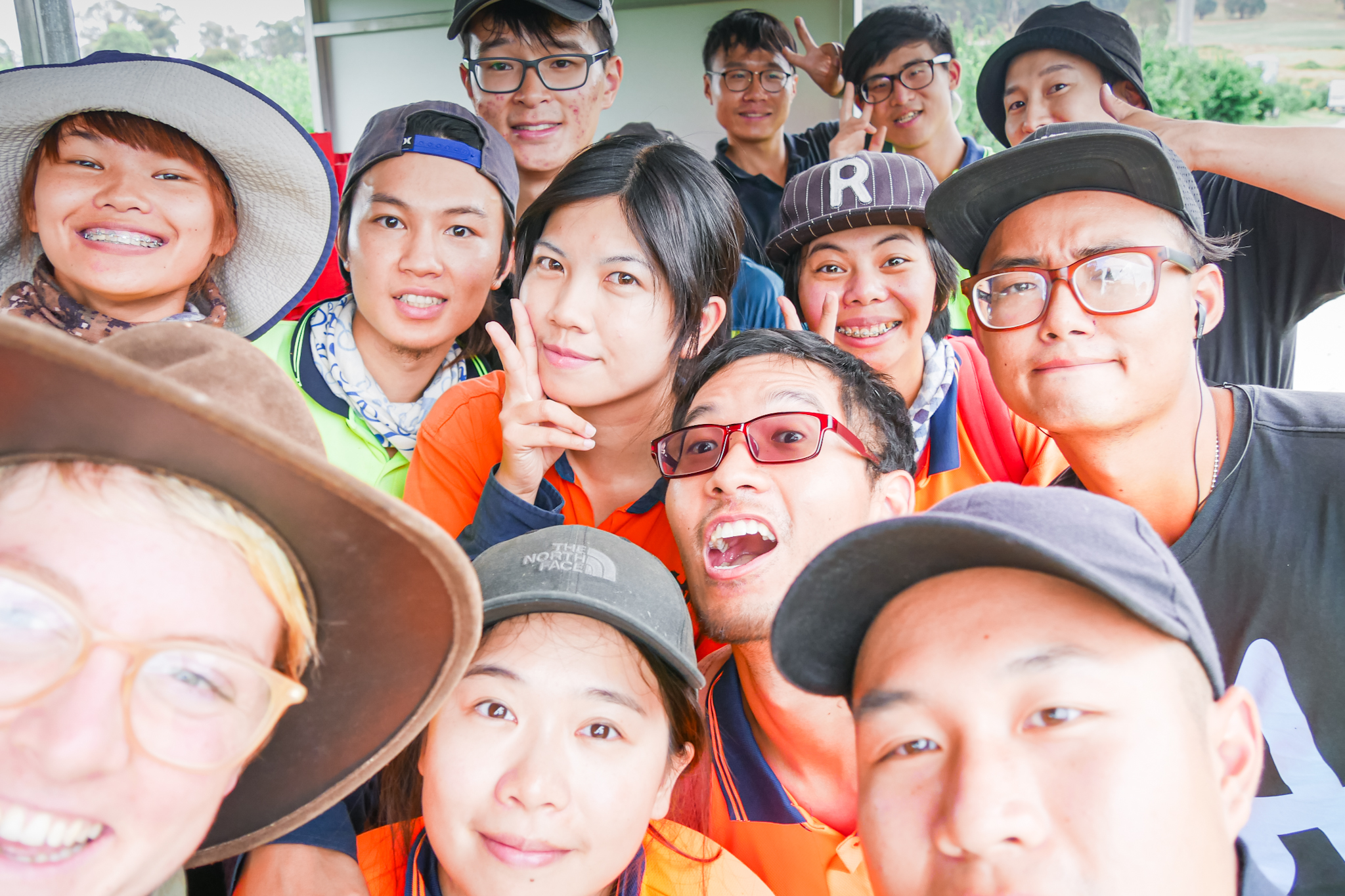
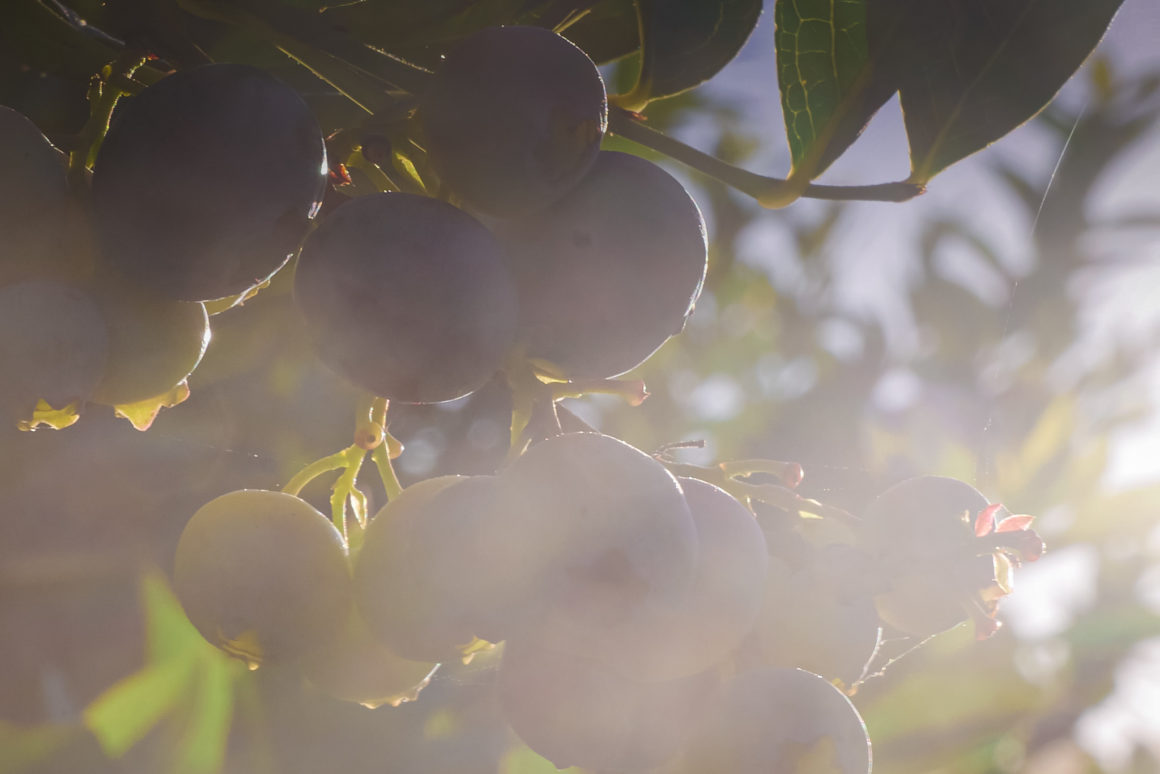
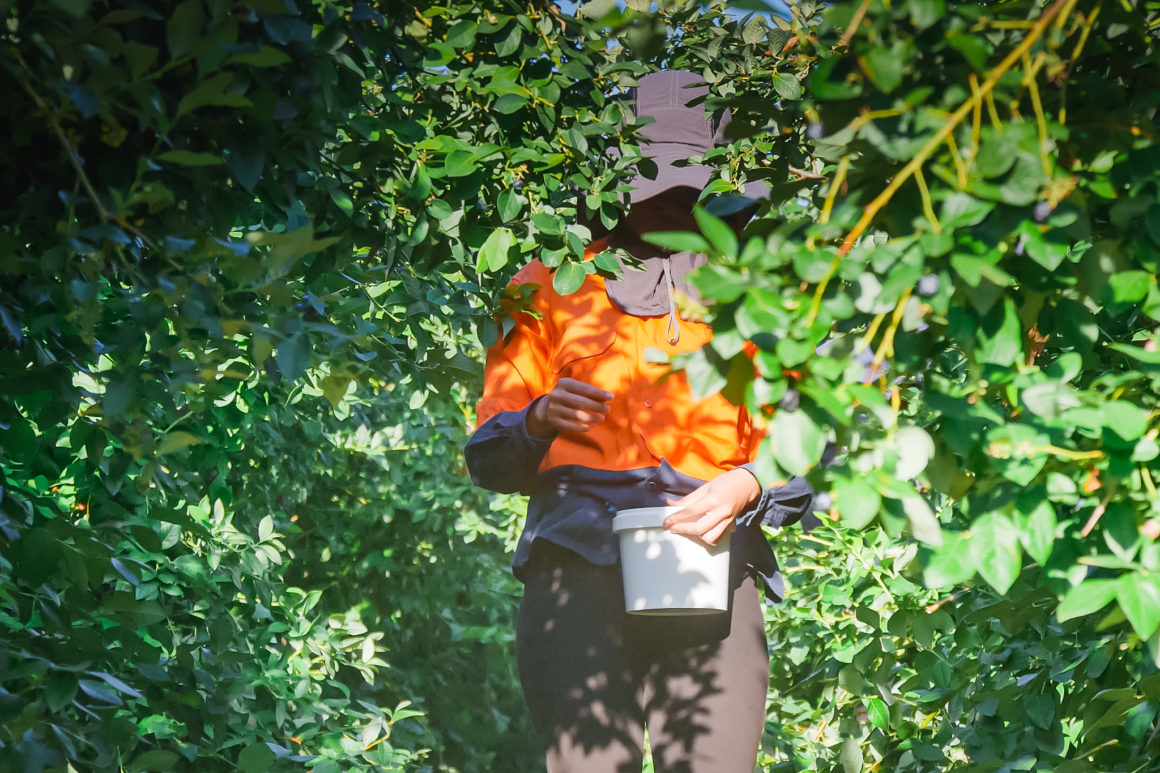
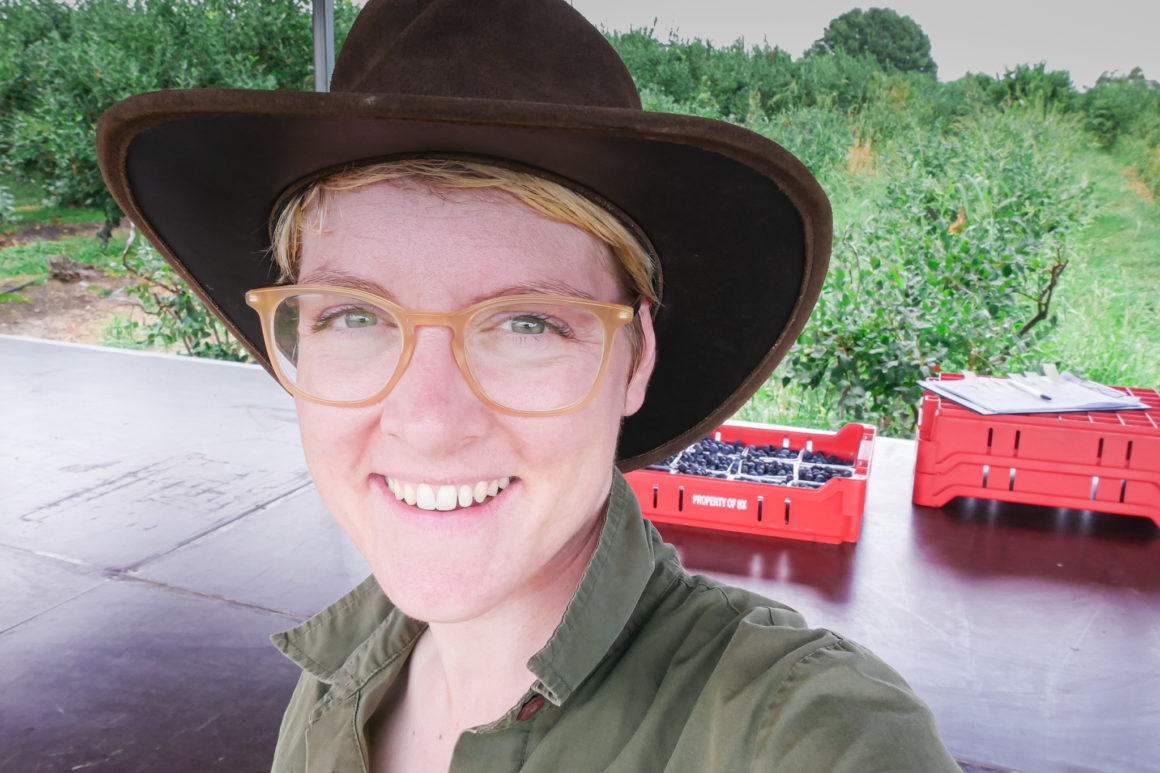
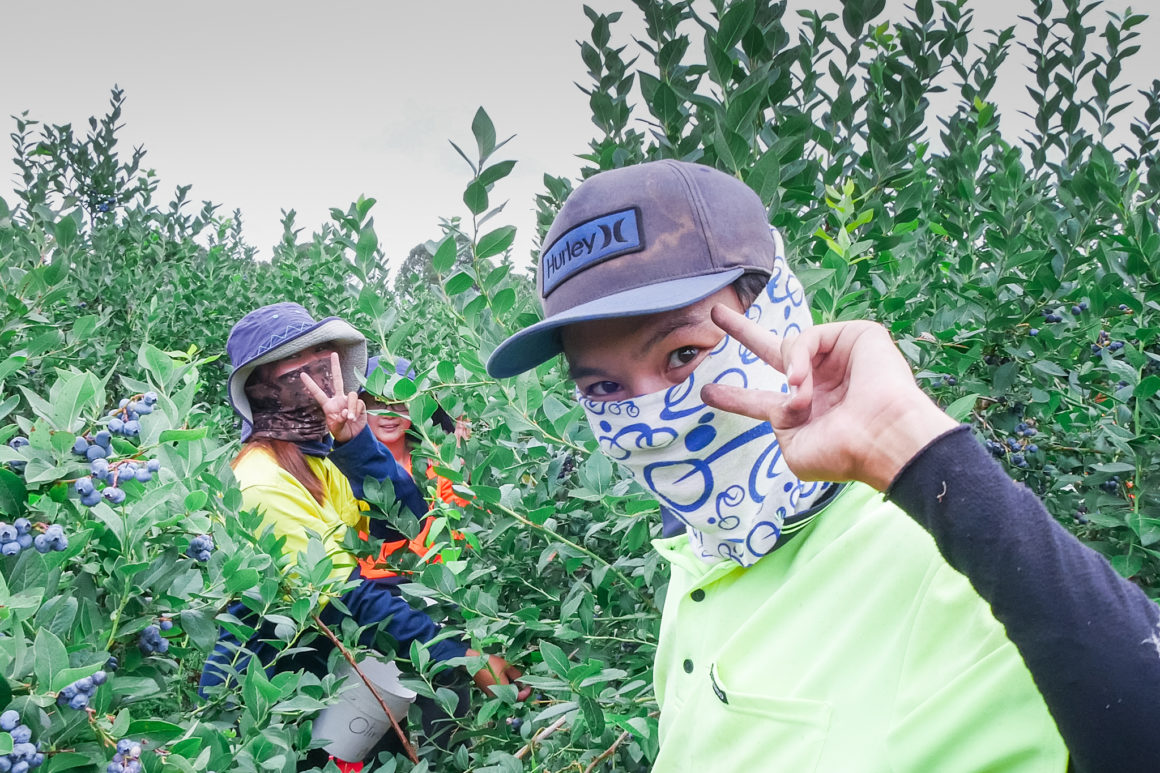
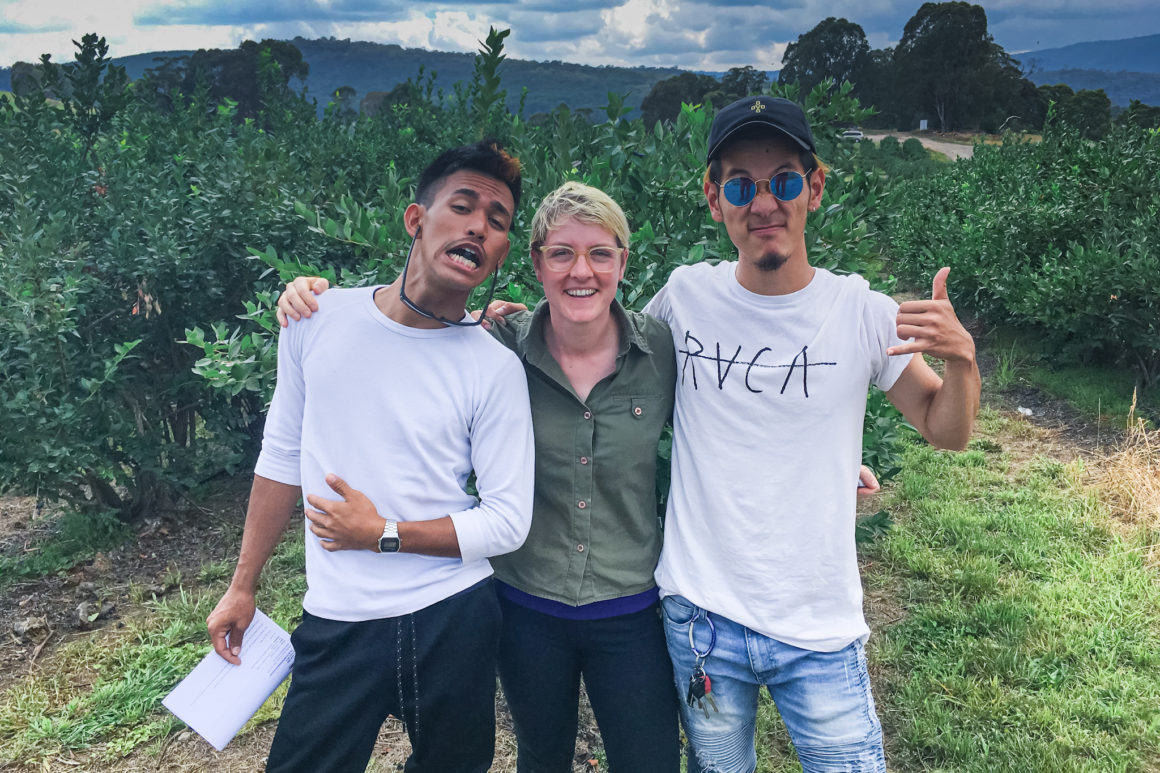
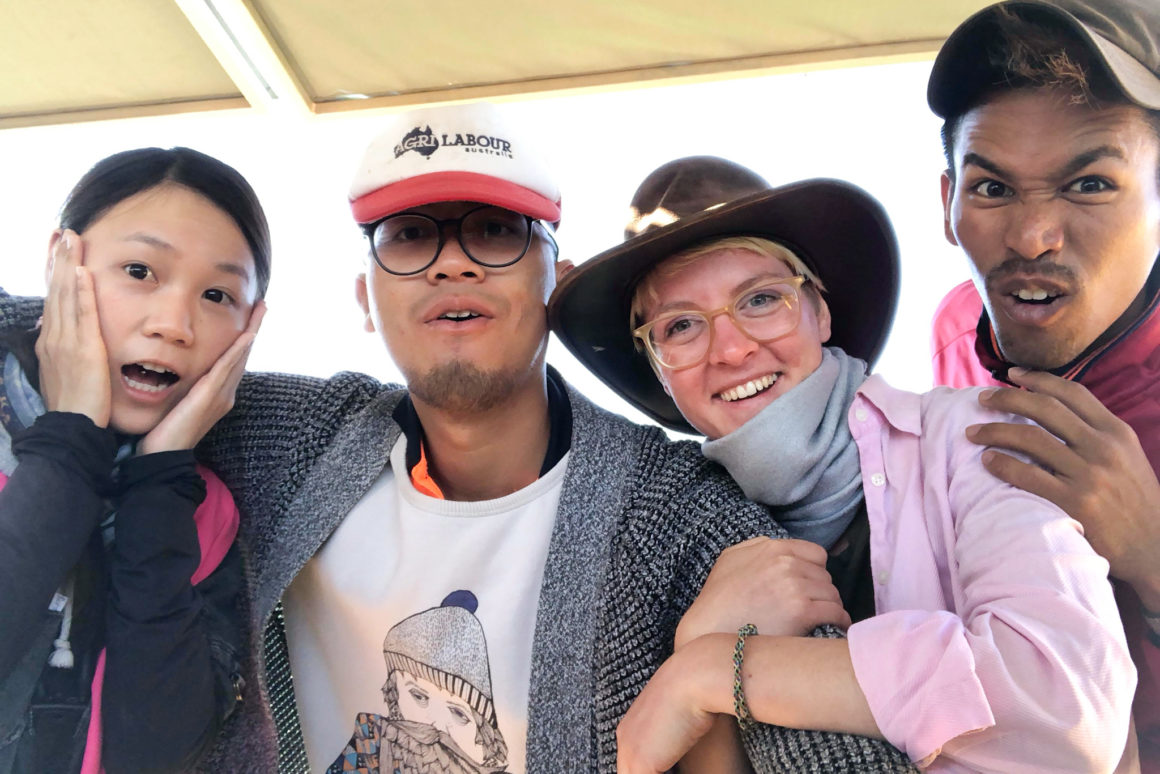
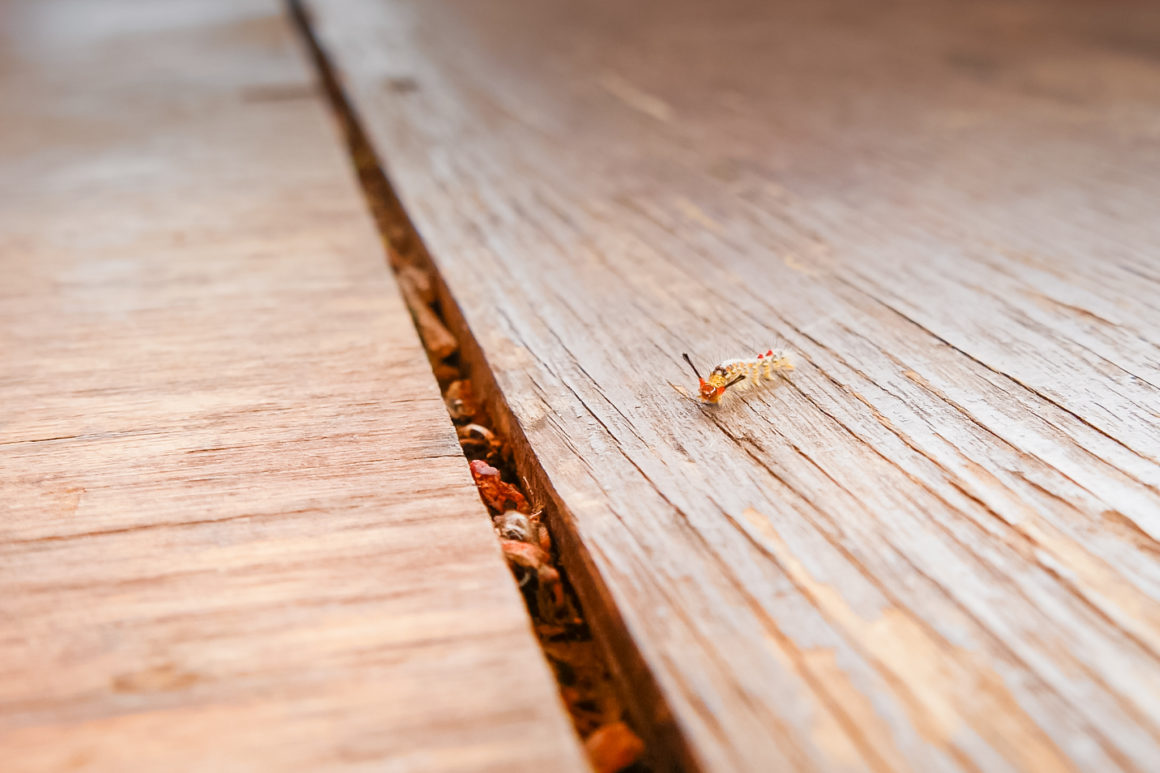
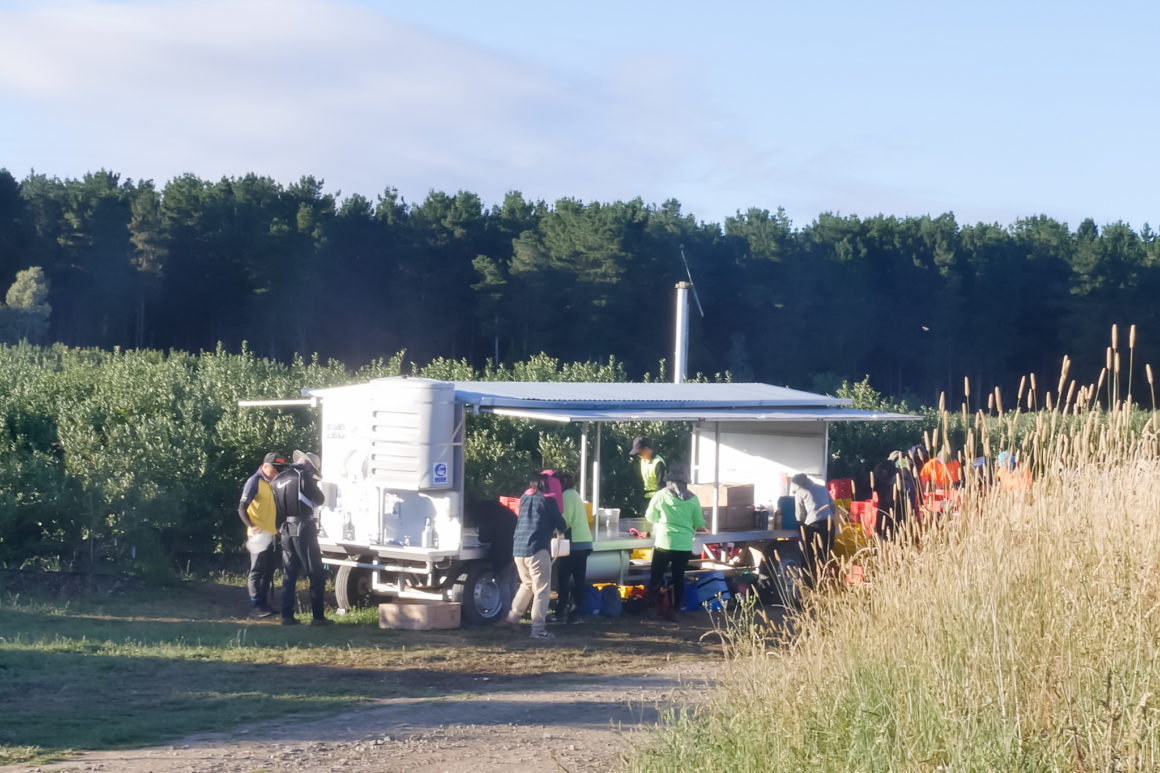
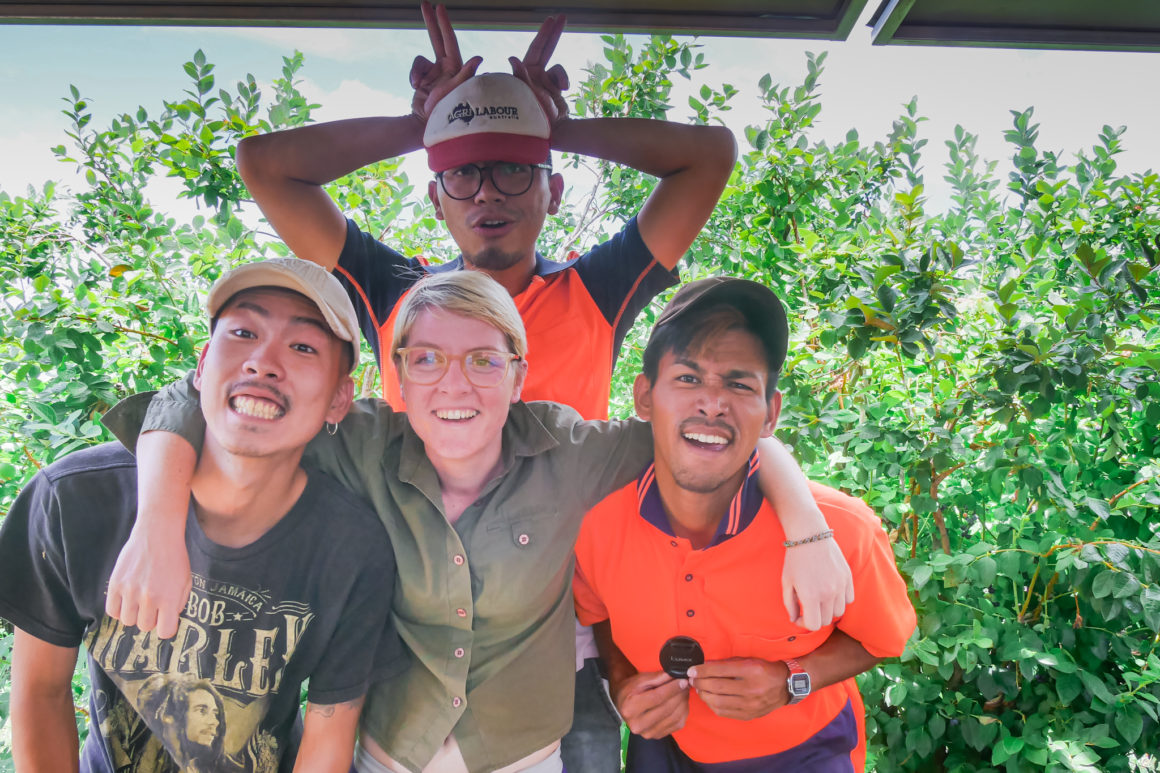
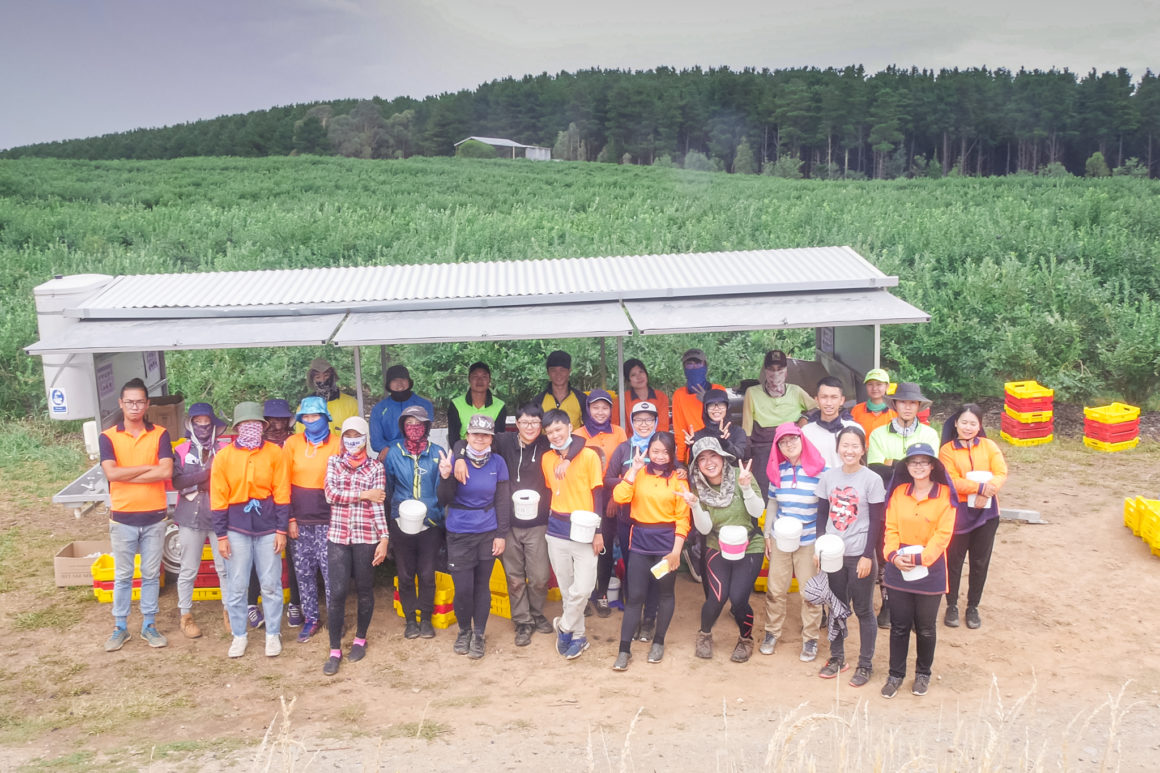
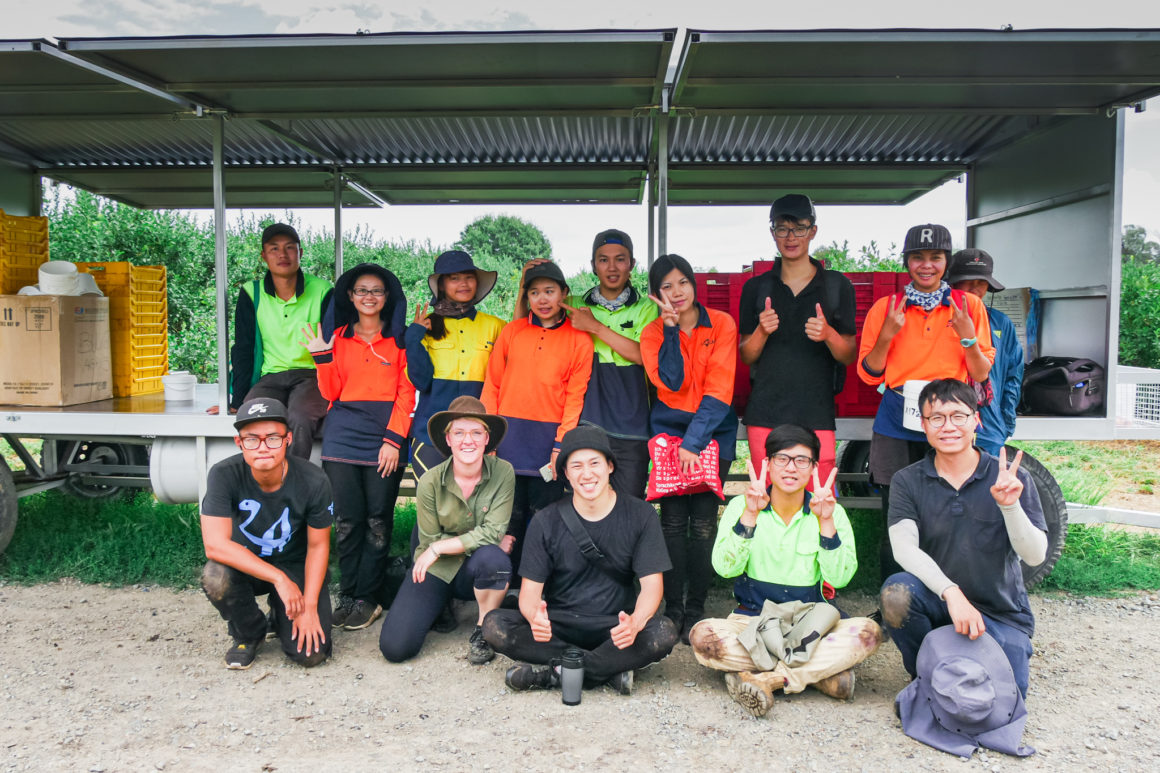
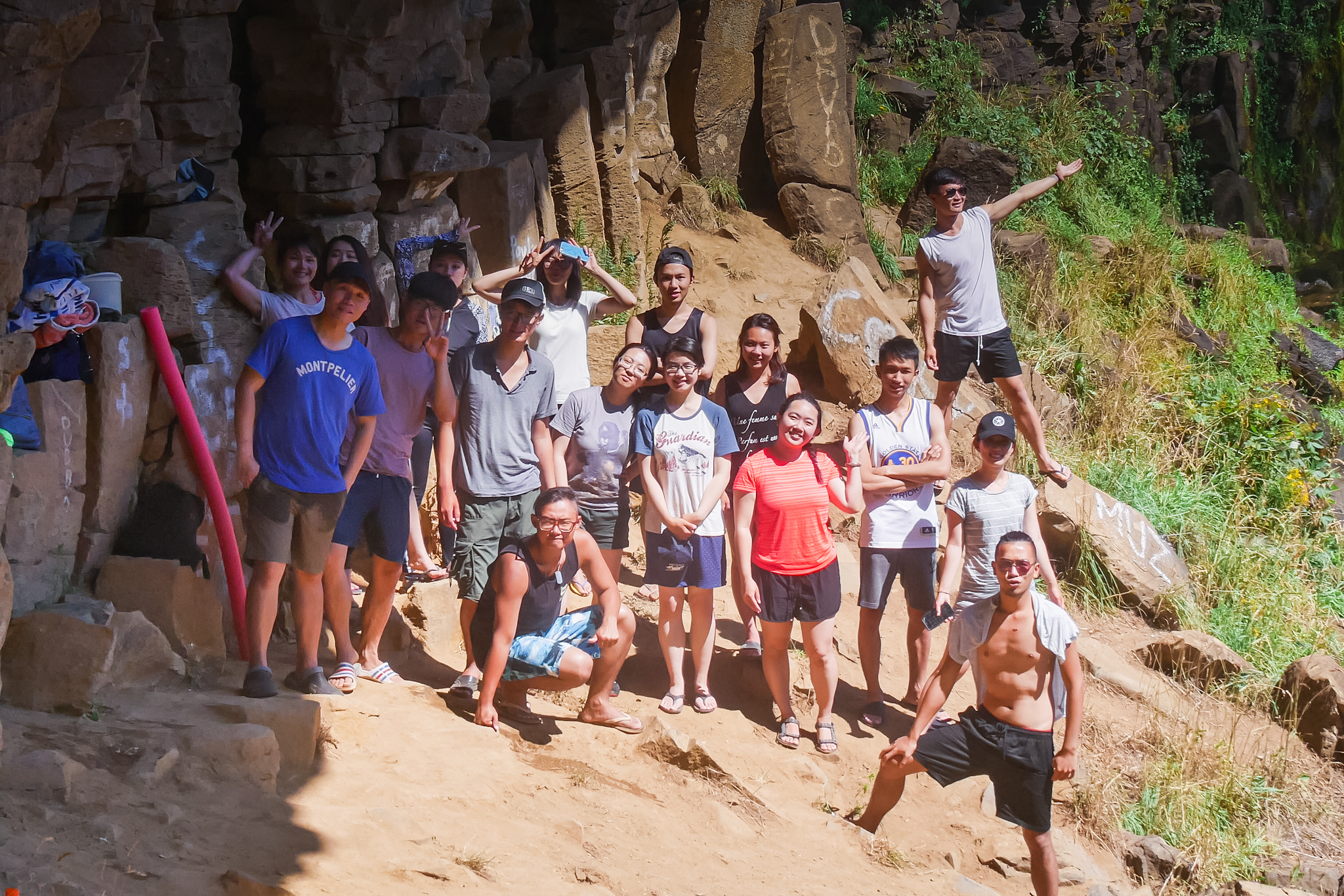
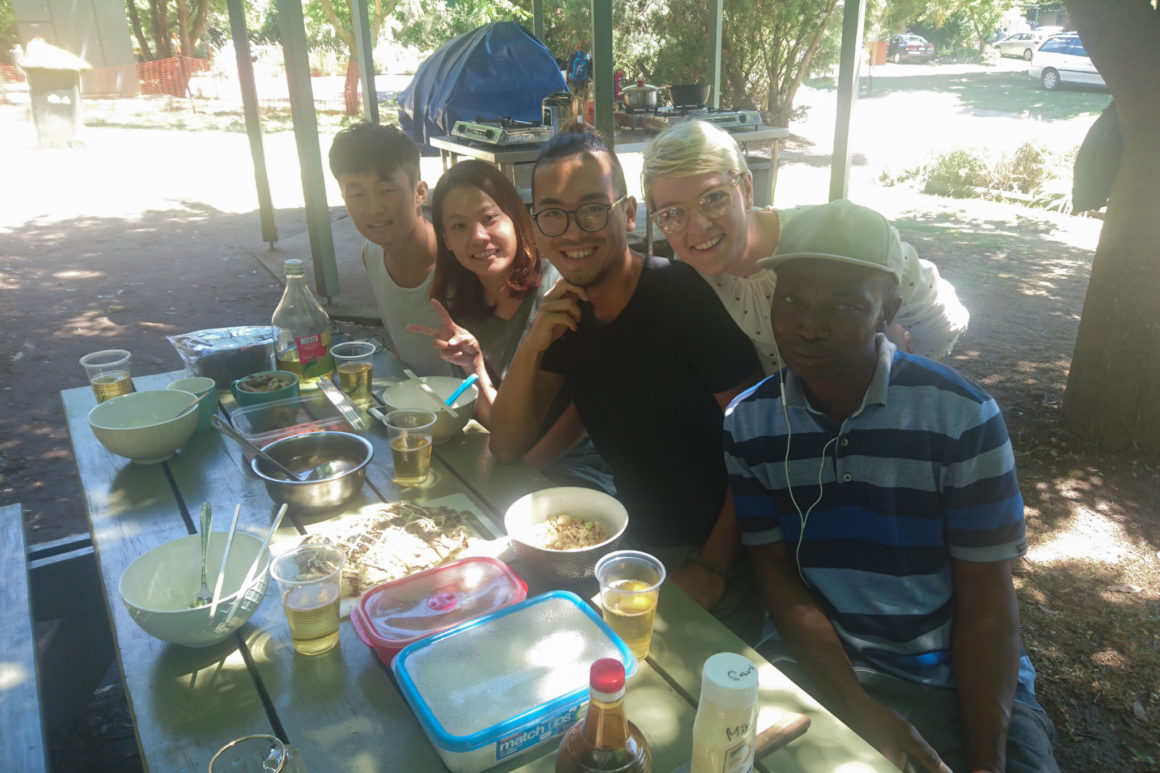
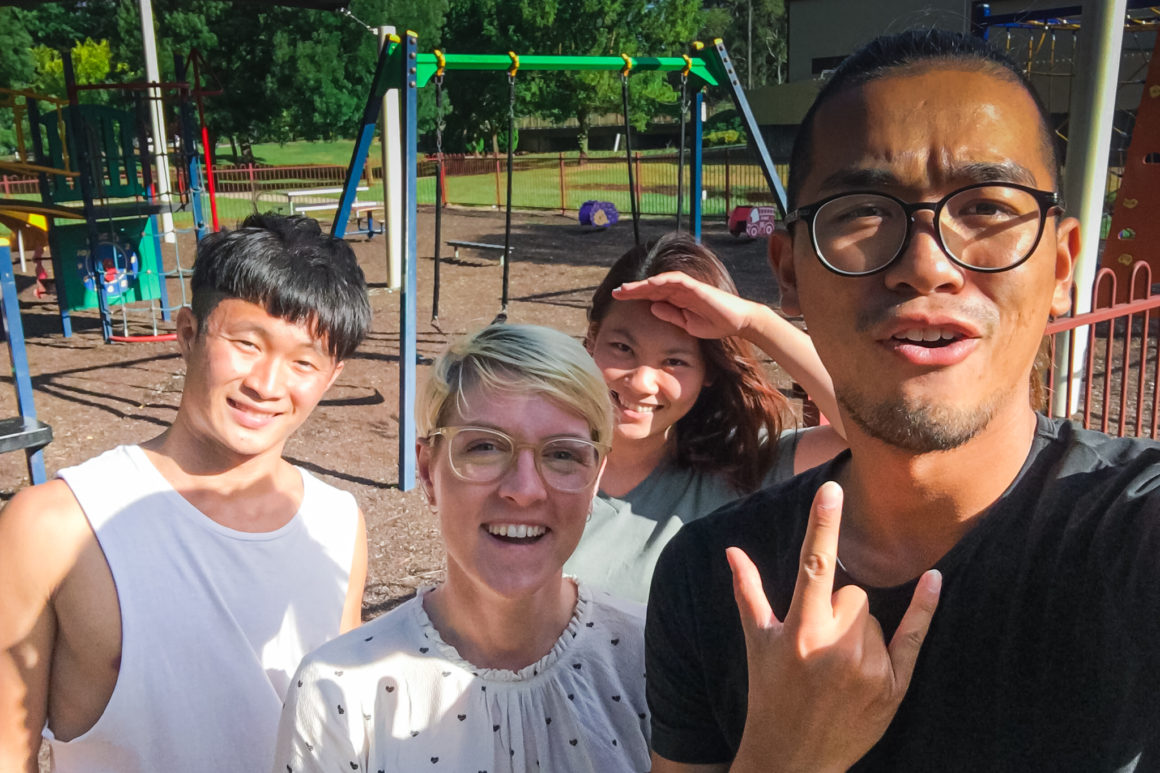
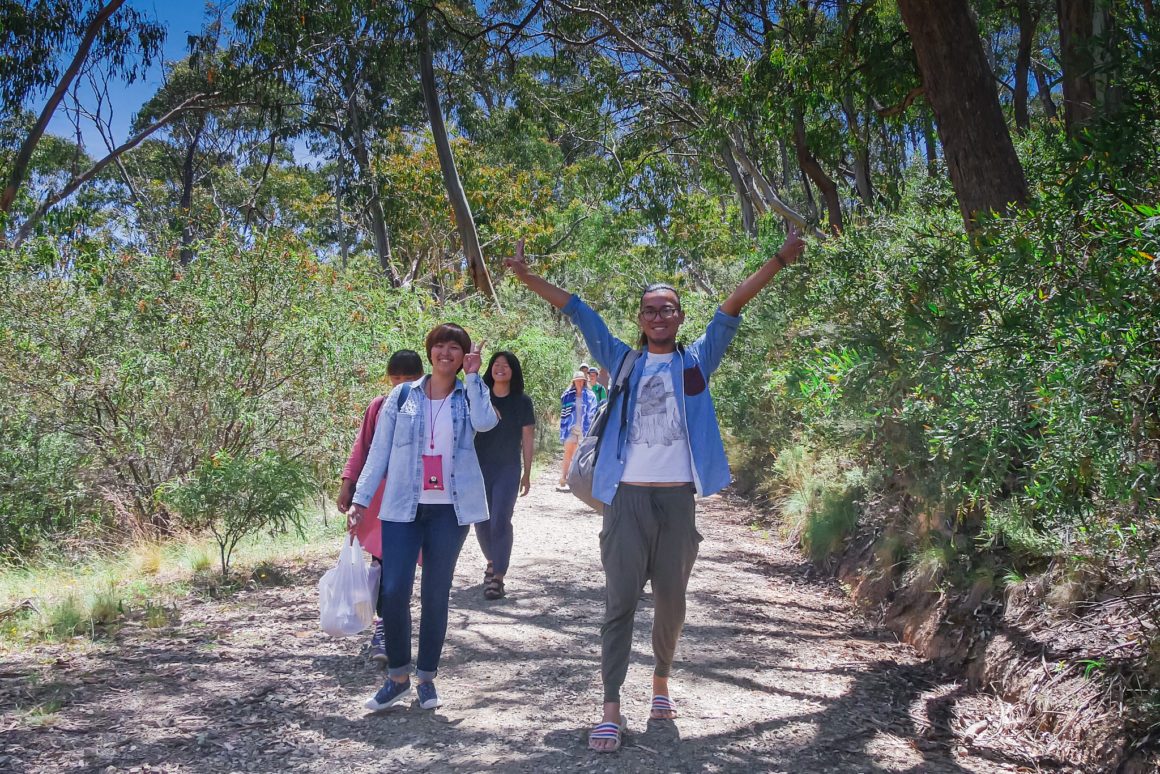
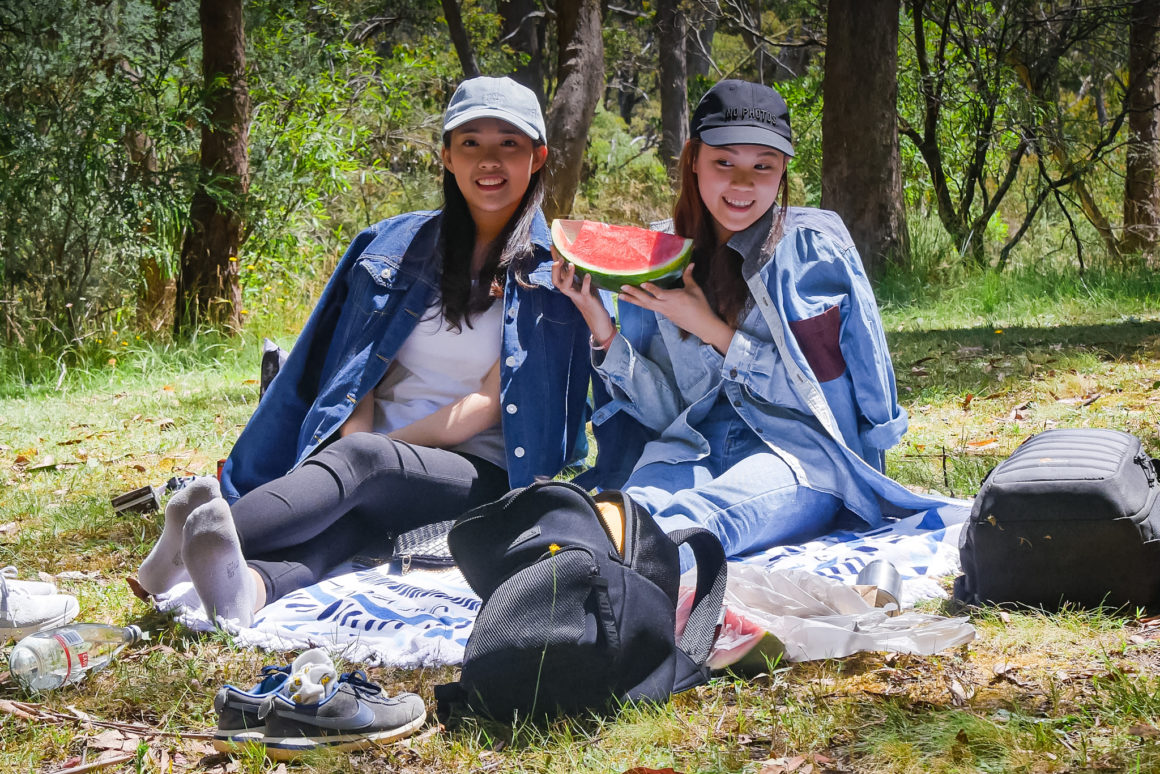
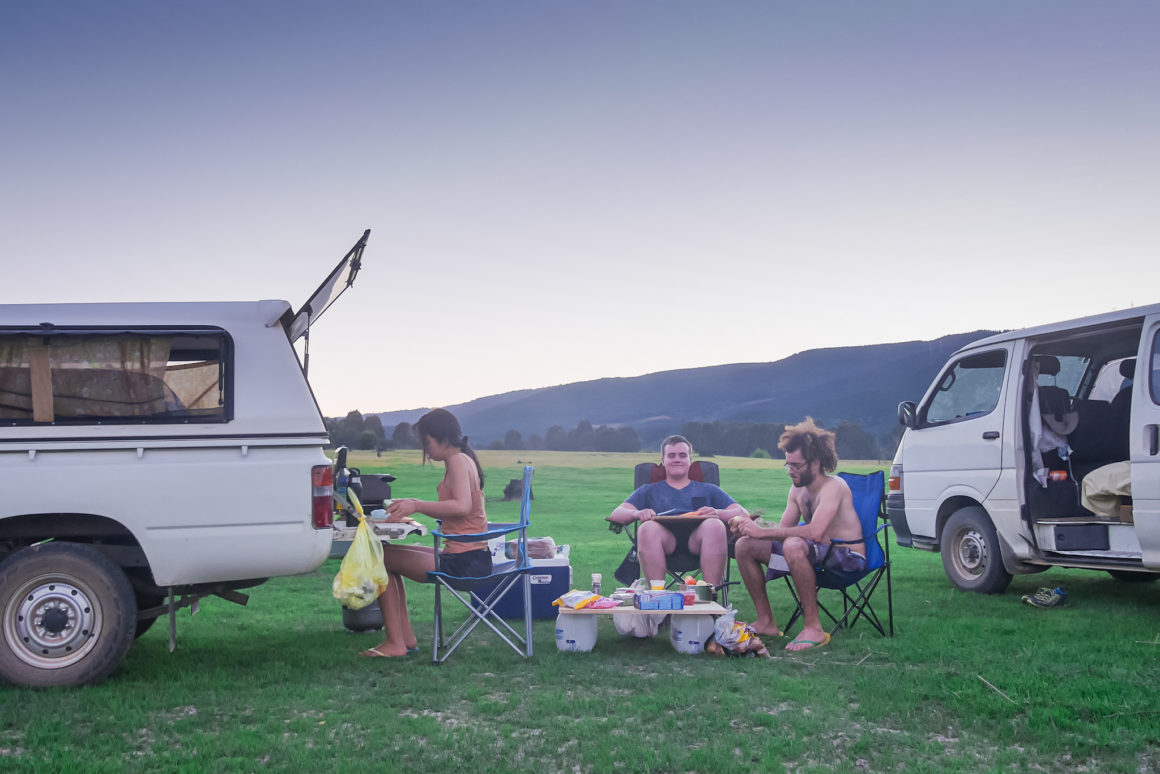
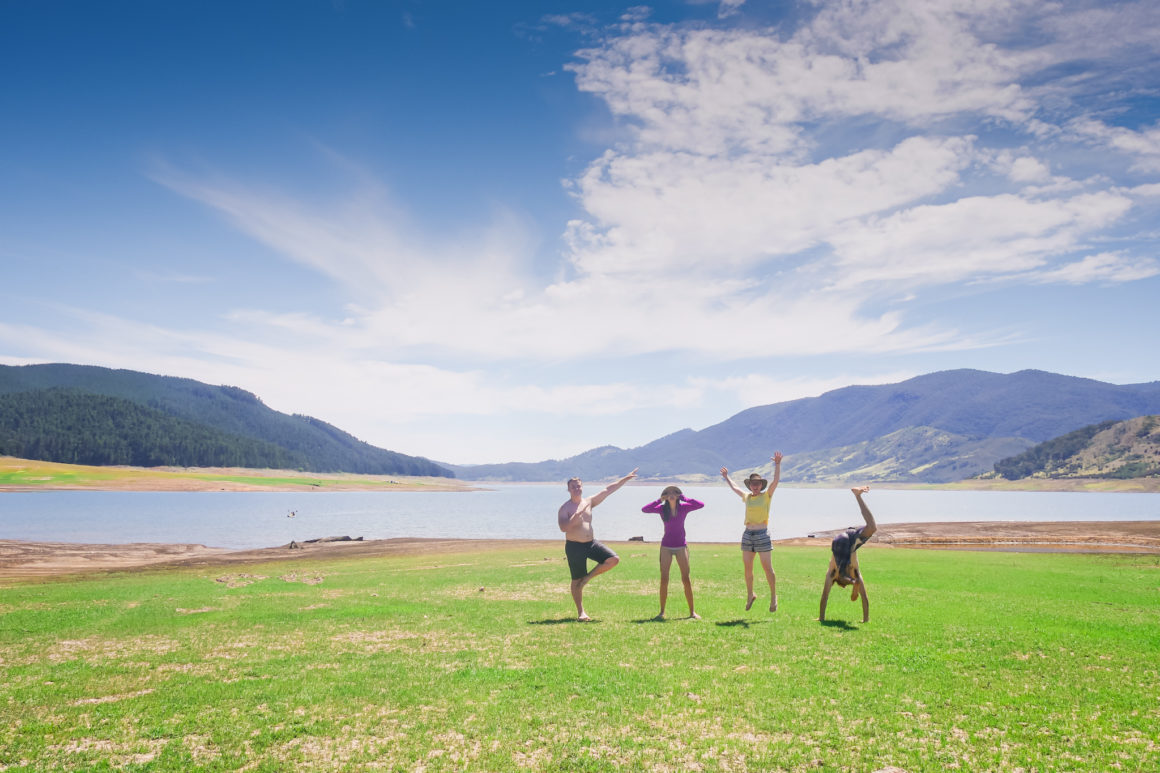
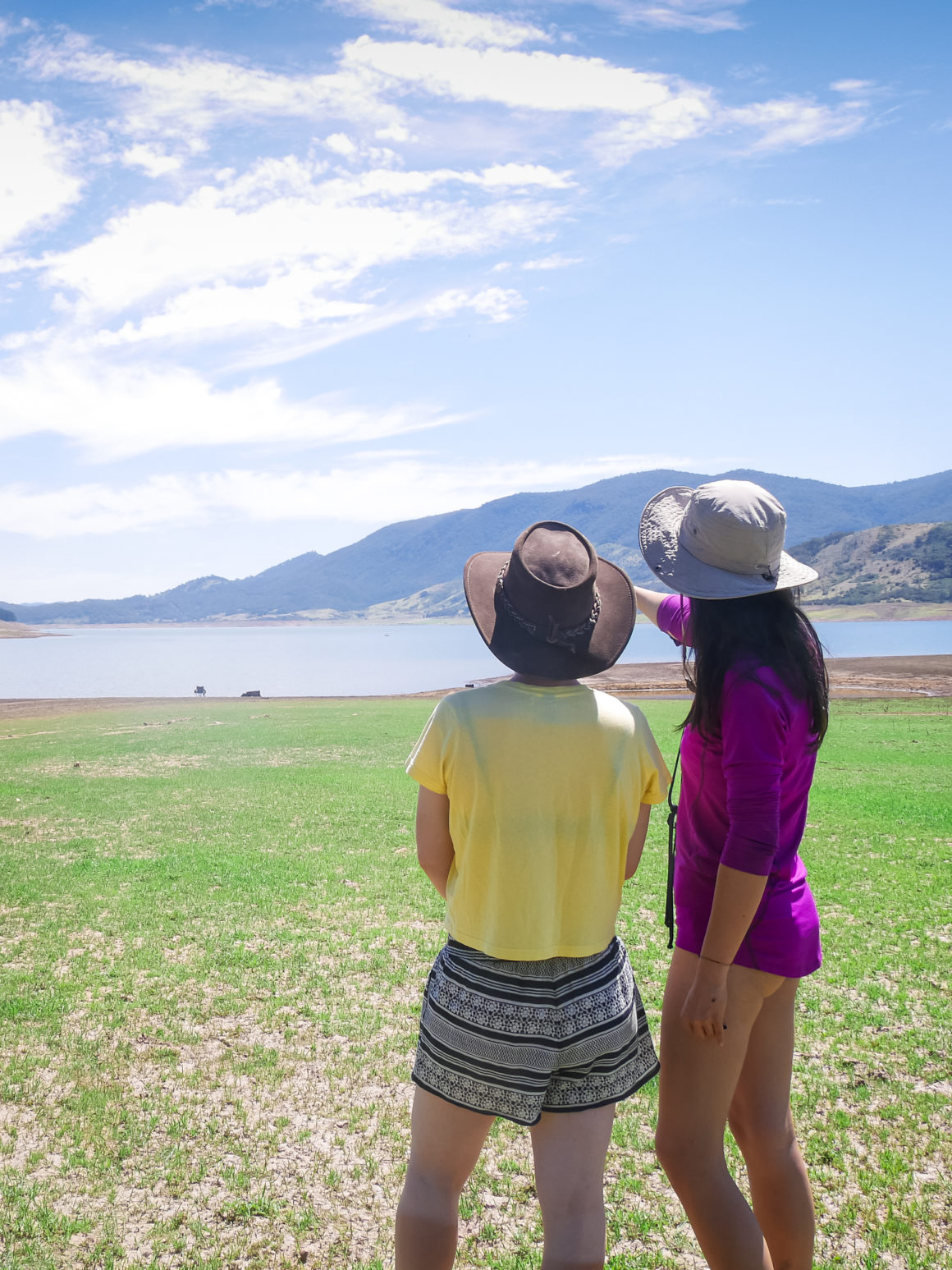
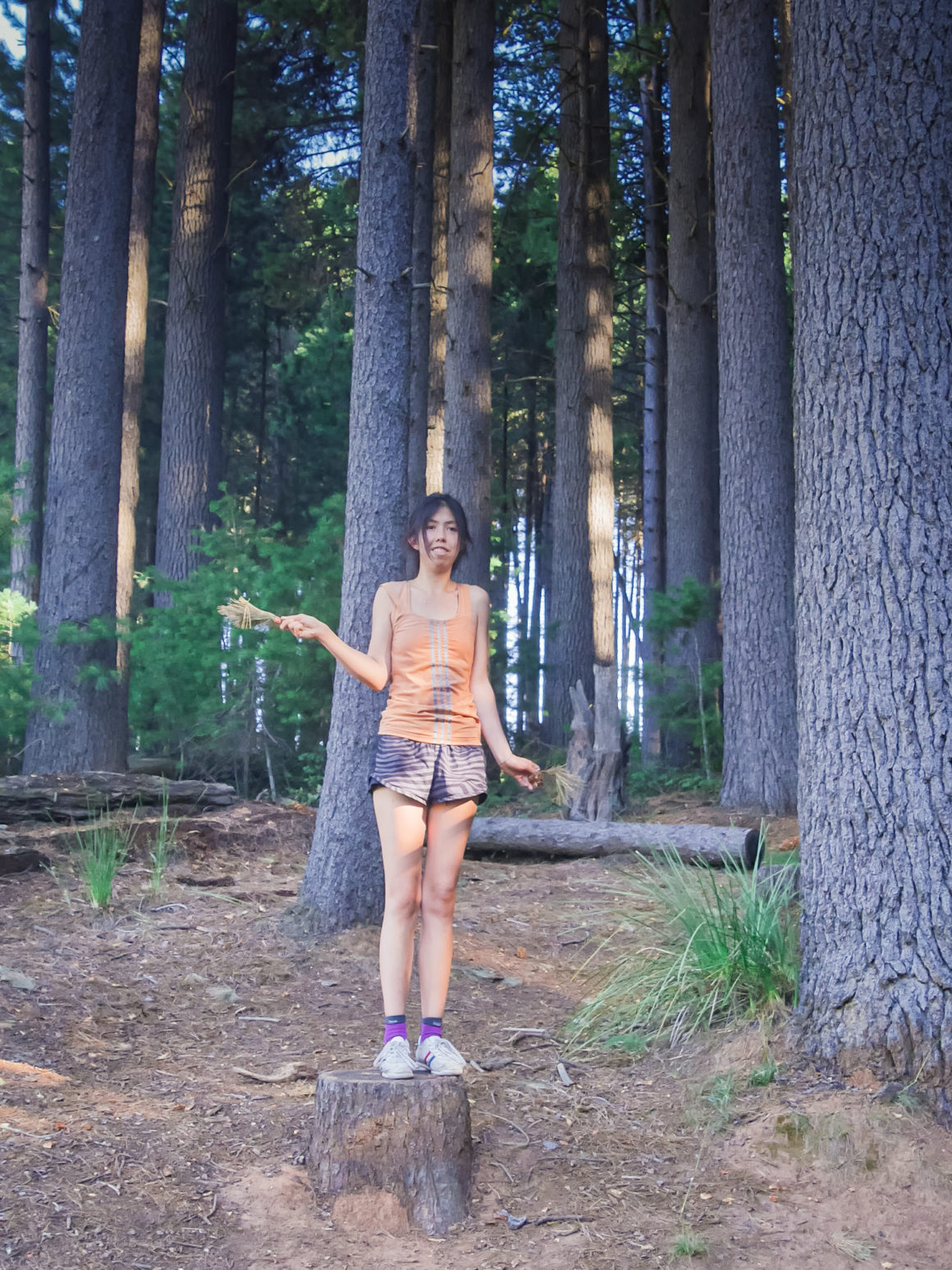
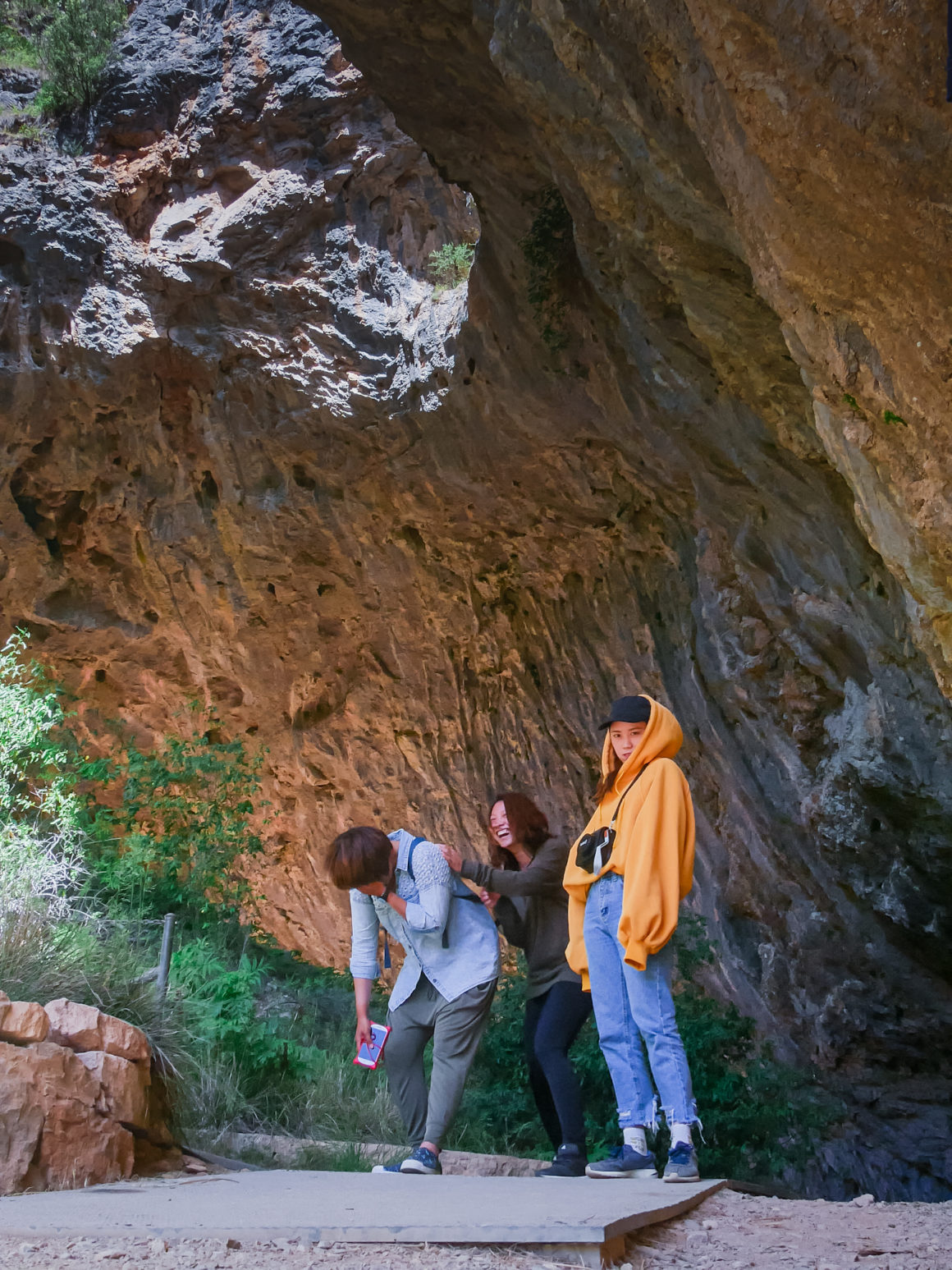
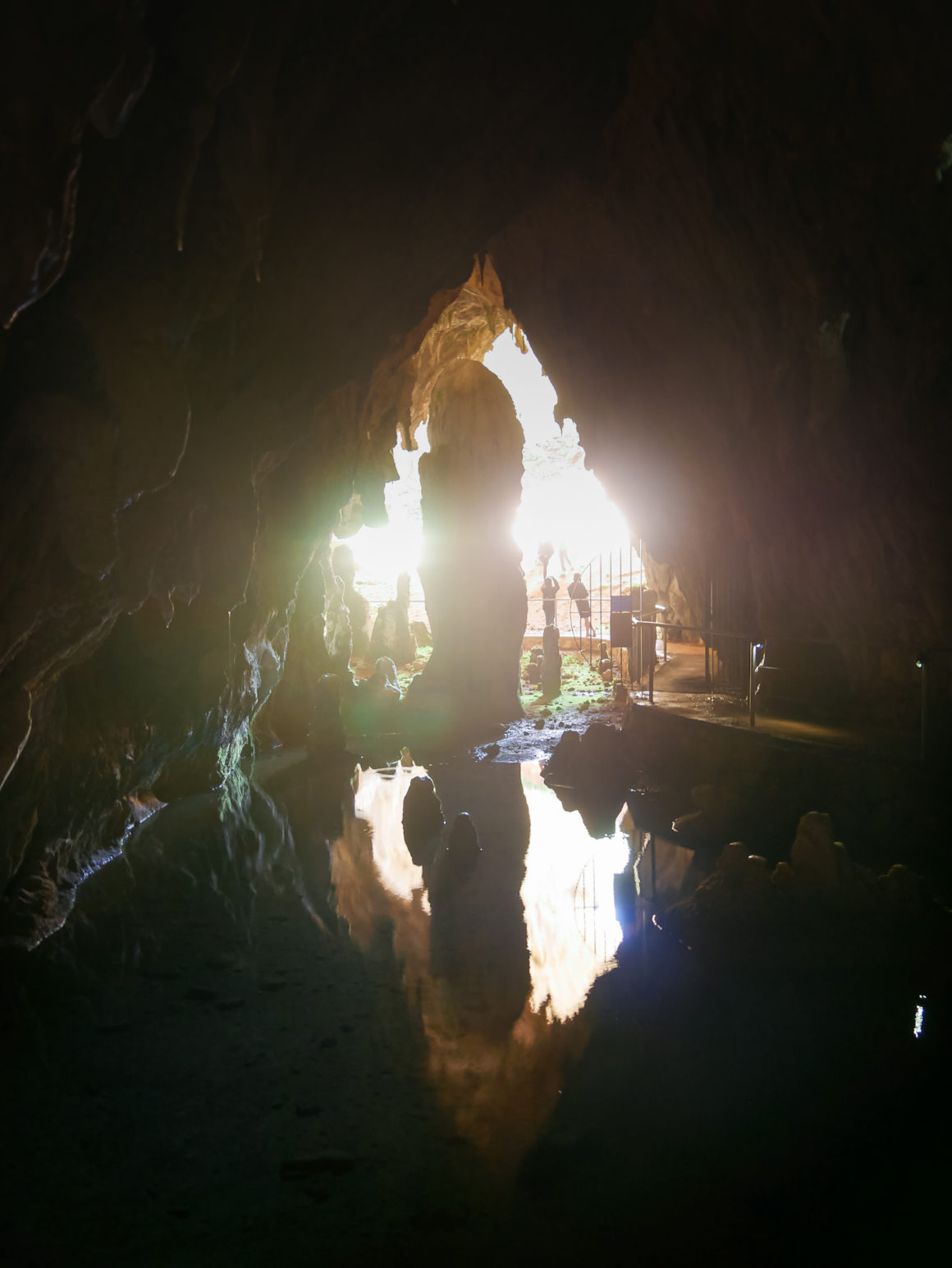
Nice story thanks for sharing keep it up
Thank you !